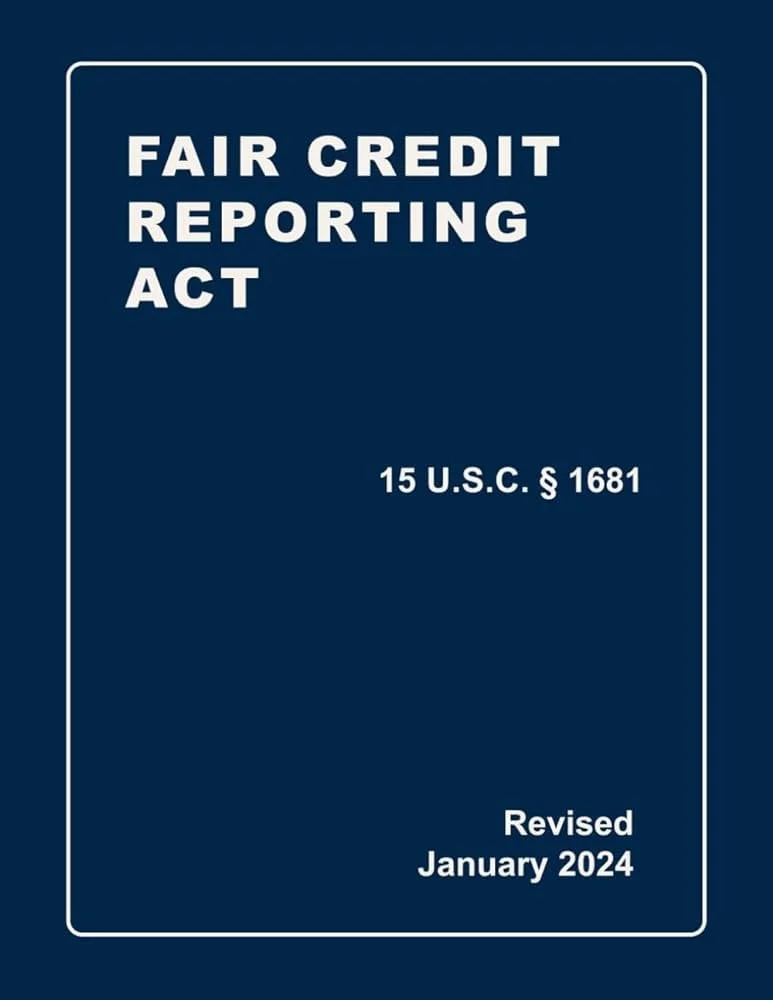Fair Credit Reporting Act (FCRA)
The federal Fair Credit Reporting Act (FCRA) promotes the accuracy, fairness, and privacy of information in the files of consumer reporting agencies. There are many types of consumer reporting agencies, including credit bureaus and specialty agencies (such as agencies that sell information about check writing histories, medical records, and rental history records).
Is Complying with FCRA Mandatory?
The FCRA requires any prospective user of a consumer report, for example, a lender, insurer, landlord, or employer, among others, to have a legally permissible purpose to obtain a report. Legally Permissible Purposes.
What are the penalties for not complying with FCRA?
The types of damages that can be compensated here include:
Actual damages. These are damages that can be proved because of harm caused by an action or failure to act by the agency, business or individual. There is no limit to how high an award can be.
Statutory damages. These are damages that don’t require proof, but the compensation is limited to somewhere between $100 and $1,000 per record.
Punitive damages. These are awarded to punish an agency, business or individual and deter them from violating the FCRA again. There is no limit on how much can be awarded.
Attorney fees and court costs. You can have the cost of litigating the matter covered if you win your case.



